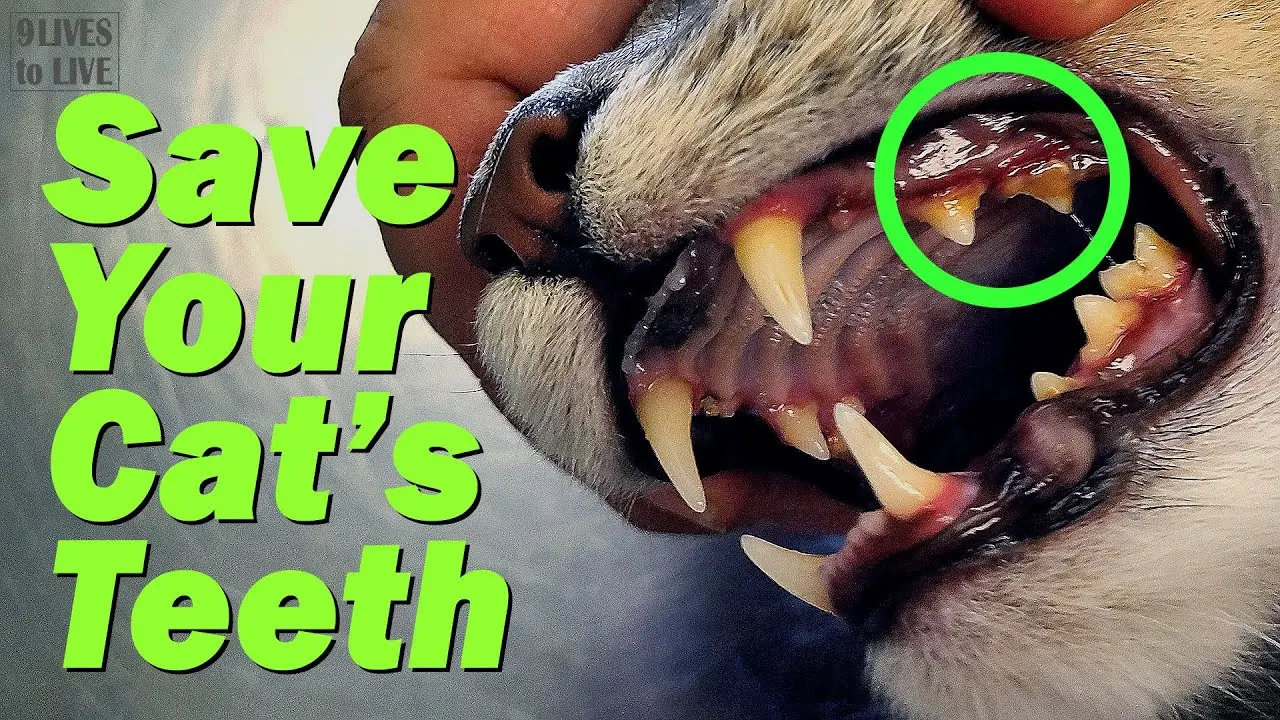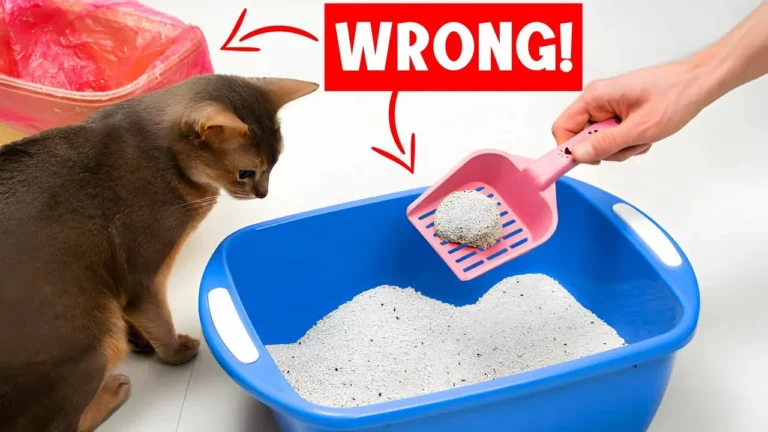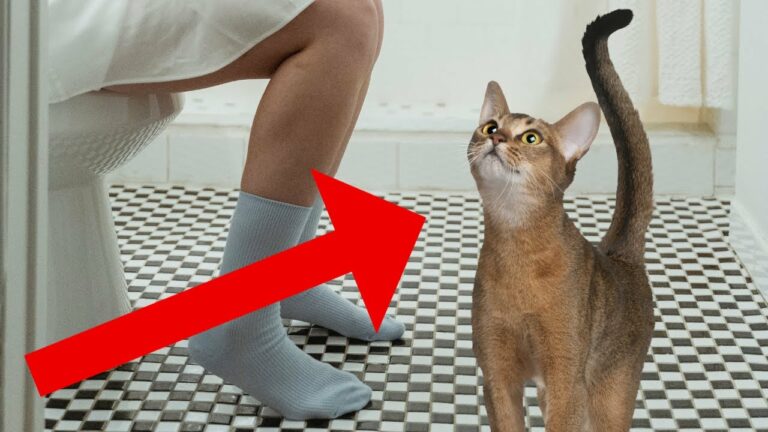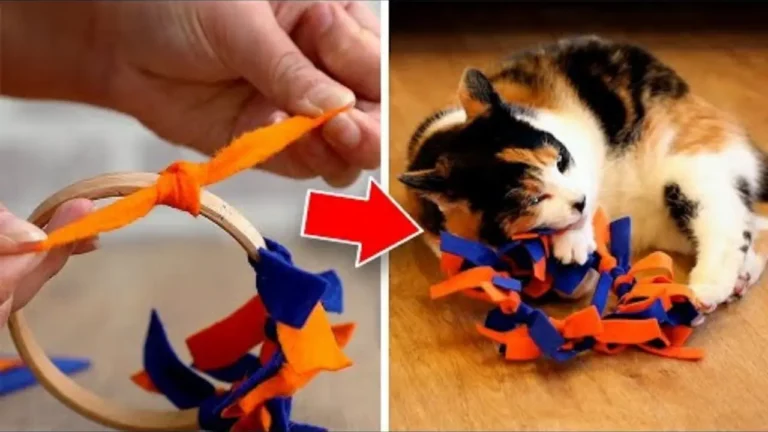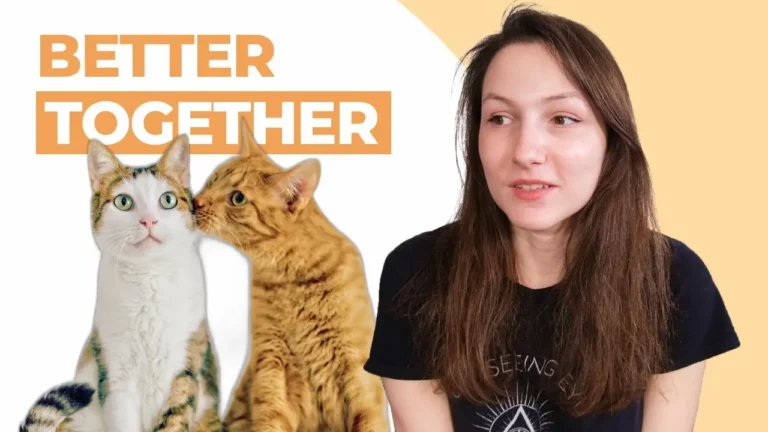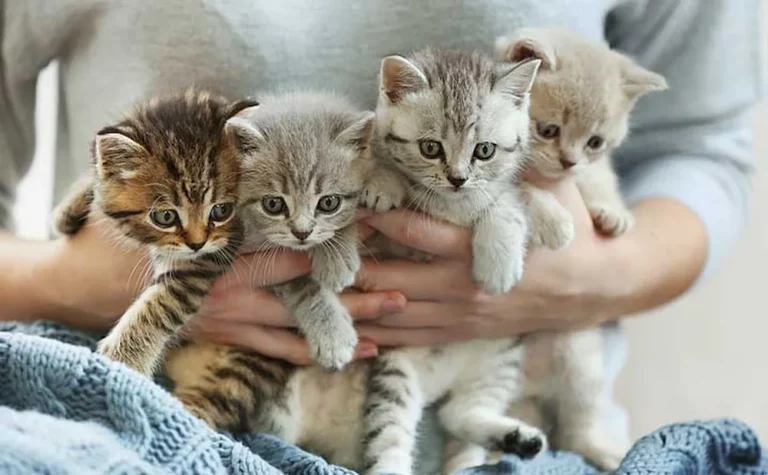Should You Brush Your Cat’s Teeth? Your Cat Might Hate It But The Pet Experts Say It’s Necessary
Ever tried brushing your
If you have, you probably know it’s like trying to bathe a tiger.
Most cats hate it with a passion, turning what seems like a simple task into a full-blown wrestling match. But here’s the kicker: pet experts say it’s absolutely necessary for their health.
I get it; the idea of prying open your
But ignoring dental care can lead to serious issues like gum disease and tooth loss.
In this text, I’ll share why brushing your
Benefits of Dental Hygiene for Cats
Healthy gums and clean teeth can make a world of difference for your
Regular brushing removes plaque, which can turn into tartar.
This helps prevent gum disease and tooth decay. You know that feeling when you finally get something stuck out from between your teeth?
Cats experience relief too when their mouths are clean.
One benefit often overlooked is fresher breath.
Sure, cats aren’t known for minty-fresh breath like some Instagram-ready dogs, but less plaque means less smell.
Plus, maintaining good dental hygiene supports overall health since bacteria in the mouth can enter the bloodstream and affect other organs – yikes!
Cats with clean teeth are also less likely to require costly dental treatments down the line.
Preventive care saves money and hassle in the long run.
Risks of Neglecting Oral Care
Neglecting your
Gum disease is incredibly common in cats over three years old – around 70% suffer from some form of it! Untreated gum disease causes pain and difficulty eating.
Have you ever had a toothache?
Imagine having that constantly but not being able to tell anyone.
Infections aren’t isolated either; they spread quickly within the mouth and beyond.
Severe dental issues may necessitate extractions or other intensive treatments, which are stressful for both you and your pet.
Left unchecked, dental problems contribute to systemic illnesses affecting kidneys or heart function, translating into more vet visits and potentially life-threatening conditions.
So yeah, brushing might be a bit of a battle each time, but considering these risks makes it clear why it’s worth sticking with it.
By now, you’re probably thinking about how daunting this task seems – don’t worry! Up next in the article, I’ll share practical tips on how to make this process smoother for you both.
Overcoming the Challenge: Tips for Brushing a Cat ‘s Teeth
Brushing a
Choosing the Right Tools and Toothpaste
First things first. Using proper tools can make all the difference.
Got a toothbrush designed for cats? If not, they come in various sizes; some even fit on your finger.
Finger brushes give better control, especially if your kitty is squirmy. Look for soft bristles to avoid hurting their gums.
And toothpaste? Regular human toothpaste isn’t safe for cats due to fluoride content.
Go for pet-specific options available in flavors like poultry or fish—cats tend to prefer these over minty ones we humans use.
Cats are more likely to accept brushing if they enjoy the taste of their paste.
Step-by-Step Guide to Brushing Your Cat ‘s Teeth
Alright, let’s break it down:
- Get Them Comfortable: Choose a quiet space where your
cat feels safe. Gently hold them in your lap or place them on a stable surface. - Introduce Slowly: Start by letting them sniff and lick the toothbrush and toothpaste. Do this several times over a few days.
- Mimic Brushing: Next, use your finger wrapped in gauze to rub their gums and teeth gently before upgrading to an actual brush.
- Brush In Short Sessions: Don’t aim for perfection initially—focus on getting them used to the sensation first. Short, positive sessions work best.
- Focus On The Outer Surfaces: Cats’ tongues naturally clean inner surfaces better than outer ones, so focus your efforts there.
- Give Treats And Praise: Rewarding good behavior with treats or affection reinforces positive associations with brushing time.
Some cats may resist no matter what you try; that’s okay too!
Consider professional cleanings at your vet’s office if home care proves too challenging.
What Do Pet Experts Say?
Pet experts unanimously agree that brushing your
Proper dental care can prevent serious conditions like gingivitis and periodontal disease.
Veterinarian Insights on Cat Oral Health
As a vet with years of experience, I’ve seen my fair share of dental problems in cats. Did you know that by age three, up to 70% of cats show signs of dental disease?
It’s true.
Plaque and tartar build-up aren’t just unsightly; they can lead to painful infections and even affect your
Veterinarians stress the importance of early intervention.
Routine check-ups often include an oral exam where we look for signs of trouble—red gums, drooling, or bad breath are red flags.
If caught early, many issues are treatable with professional cleanings and consistent home care.
Professional Recommendations for Dental Care
So what do the pros recommend?
First off, using feline-specific toothpaste is non-negotiable.
Human toothpaste contains fluoride, which is toxic to cats. Brands like CET and Virbac offer flavors most cats tolerate better.
Next, frequency matters. Aim to brush your
Even three times a week can make a big difference.
Use a soft-bristled toothbrush designed for pets or even finger brushes if that’s easier for you.
The American Veterinary Medical Association (AVMA) also advocates for regular professional cleanings under anesthesia to reach those nooks and crannies you might miss at home.
These cleanings typically occur once a year but could be more frequent depending on your
Finally, consider additional aids like dental treats or water additives as supplements—not replacements—for brushing.
Products approved by the Veterinary Oral Health Council (VOHC) meet high efficacy standards and can help maintain oral hygiene between brushings.
Alternatives to Brushing
Not every
Dental Diet and Treats
One practical alternative is feeding your
These specially formulated foods help reduce plaque and tartar buildup. I often recommend brands like Hill’s Prescription Diet t/d or Royal Canin Dental.
They contain ingredients that support oral care while also being palatable for your furry friend.
Dental treats can also be beneficial. Greenies CatDental Treats, for example, are designed to clean cats’ teeth as they chew.
They’re a great supplement if brushing isn’t an option, though not a complete substitute.
Always look for products approved by the Veterinary Oral Health Council (VOHC) to ensure you’re giving your pet something that’s actually effective.
Regular Professional Cleanings
Professional cleanings at the vet’s office play a crucial role in maintaining your
Even with the best home care, some plaque and tartar will still accumulate over time.
Typically done under anesthesia, these cleanings allow vets to thoroughly examine and clean below the gum line where you can’t reach with regular brushing or treats.
Scheduling these cleanings annually or as advised by your vet helps catch potential issues early on. It’s an essential part of comprehensive dental care that complements other methods like special diets or treats.
Keeping your
Conclusion
Brushing your
Even if your
There are plenty of alternatives and professional options to make this easier on both you and your
